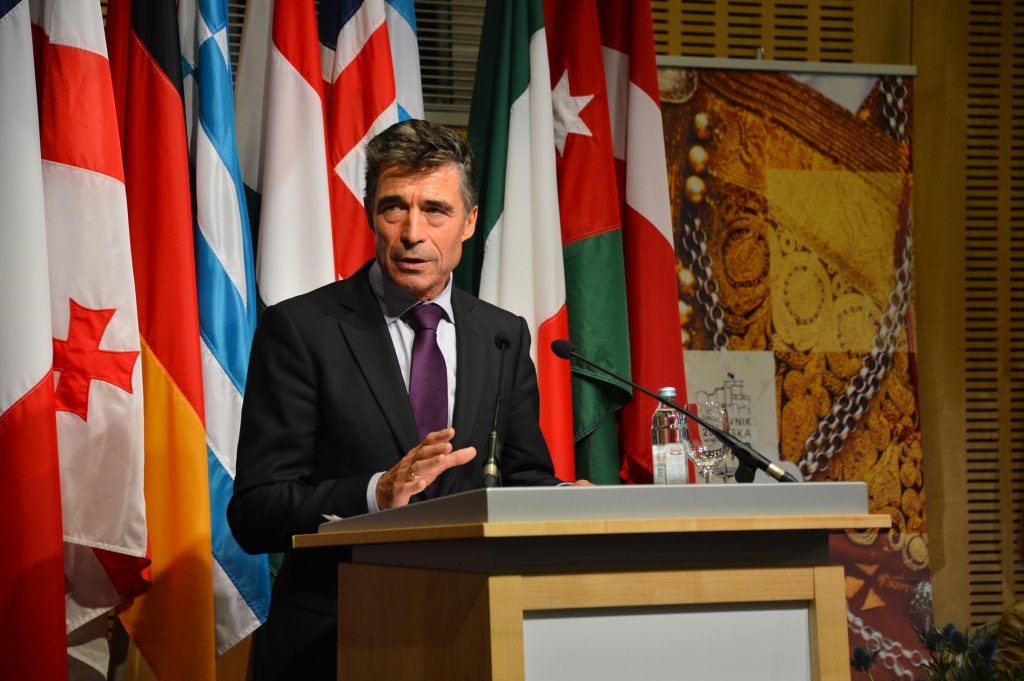[W]e must shift the argument from the cost of defence to the cost of no defence. Shift the argument from what we put in to what we get back. It’s not easy for the public to see what we might lose if we don’t invest in defence. So we need to do more to quantify this. And there are data available to help us make the argument.
For example, the 9/11 terrorist attacks led to a loss of about 1.7 trillion US dollars in stock market capitalisation. The US Congressional Research Service has calculated that they also led to a loss of income and production of almost 300 billion US dollars. And an increase in business expenses on security of 234 billion US dollars.
Earlier this year, the World Bank estimated that the annual global impact of Somali piracy is a staggering 18 billion US dollars.
The US Center for Naval Analyses has estimated that, if the Strait of Hormuz were closed completely, oil prices could treble.
Europol, the European Union’s law-enforcement agency, puts the annual value of corporations’ losses from criminal cyber activity at one trillion US dollars.
And you may remember that in April this year, a bogus tweet from the Associated Press’s Twitter account, claiming that two explosions had shaken the White House, led to an immediate loss of over 136 billion US dollars in traded stock.
However, this financial cost is nothing compared to the human cost.
In June, the United Nations High Commissioner for Refugees reported that there are now over 45 million forcibly displaced people. Nearly half of all refugees are children. They have become refugees because of conflict, crisis and catastrophe.
Ladies and gentlemen, these are just some examples of the cost of attacks. Of the cost of insecurity. And the cost of no defence. I know it’s difficult to calculate a total cost. But these examples illustrate that while there is a cost to be paid for defence, the cost of no defence is much higher.
In today’s unpredictable world, defence is an essential insurance policy. We have to spend money to save money. And to save lives. . . .
NATO is a unique force multiplier. And it helps Allies’ to get an even better return on their defence investment. As part of the NATO team, 28 Allies get more security than they could ever achieve on their own.
They get friends to help them in time of need. They get access to more military capabilities. They get a network of security partnerships with countries all over the globe. And they get to play a much larger international role. . . .
If we want to continue to reap the benefits of defence, there is no alternative. We must continue to invest in defence. We must continue to invest in NATO — politically, militarily, and financially. And we must continue to look for ways to share the transatlantic defence burden more fairly. . . . .
Security is precious. And freedom is priceless. But neither comes for free. We have to be able, and willing, to defend both.
That’s why defence matters.
Excerpts from speech by NATO Secretary General Anders Fogh Rasmussen at the annual session of the NATO Parliamentary Assembly in Dubrovnik, Croatia, October 11, 2013.
Image: NATO Secretary General Anders Fogh Rasmussen, October 11, 2013 (photo: NATO)
